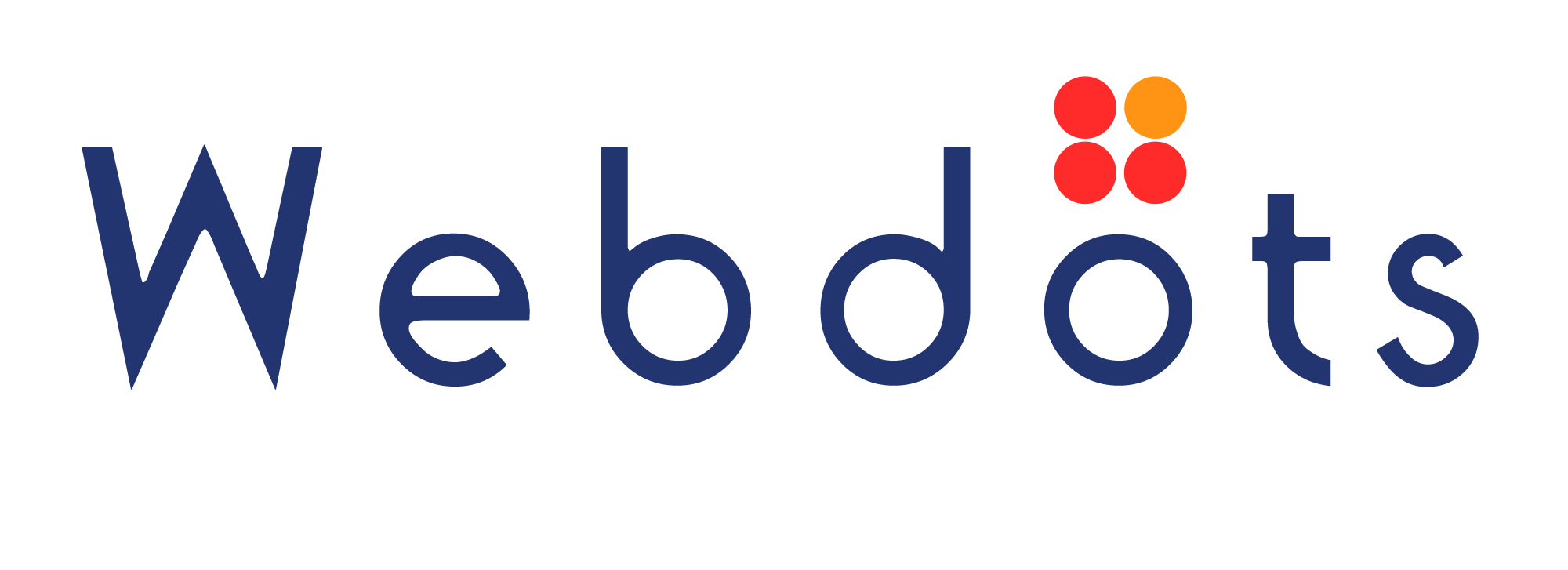A Hospital Management System (HMS) is an integrated software solution designed to manage the day-to-day operations of a hospital. It encompasses a range of functionalities such as patient registration, appointment scheduling, billing, medical records management, and inventory control. By streamlining these processes, an HMS improves the quality of patient care, enhances operational efficiency, and ensures compliance with healthcare regulations.
Hours delivered back to the business
SOX compliance in Settlement process automation
Success rate of bot case completion
For functional release of OBT, RTS and OGS
About Our Clients
Our client is a regional hospital serving a population of over 200,000 people. The hospital offers a wide range of medical services, including emergency care, inpatient and outpatient services, surgical procedures, and specialized treatments.
Requirements:
The client needed a solution that simplified patient registration and appointment scheduling processes, provided a centralized system for managing electronic medical records (EMRs), and streamlined billing and payment processes to improve revenue cycle management. Additionally, the solution needed to enhance inventory management for medical supplies and pharmaceuticals while ensuring compliance with healthcare regulations and data security standards.
What did Webdots do
Webdots implemented a comprehensive Hospital Management System that automated patient registration and appointment scheduling, thereby reducing wait times and administrative workload. They developed a centralized EMR system that allowed healthcare providers to access and update patient records in real-time. Additionally, Webdots integrated billing and payment modules to streamline the revenue cycle and minimize errors. They implemented an inventory management system to track medical supplies and pharmaceuticals, ensuring timely restocking and reducing wastage. The system also included robust security features and compliance tools to protect patient data and ensure adherence to healthcare regulations.
Benefits
The implementation of the system led to an improved patient experience by reducing wait times and streamlining administrative processes, which enhanced overall patient satisfaction. Enhanced care coordination was achieved through real-time access to comprehensive patient records, improving the quality and coordination of care. Operational efficiency was significantly boosted as automation of key processes reduced administrative workload and operational costs. Better inventory control was realized through efficient management of medical supplies, minimizing wastage and ensuring the availability of essential items. Additionally, robust security and compliance features ensured adherence to healthcare regulations and data protection standards.

Features
- Patient Flow Management
- Appointment Scheduling
- Electronic Medical Records
- Compliance and Security
- Analytics and Reporting




